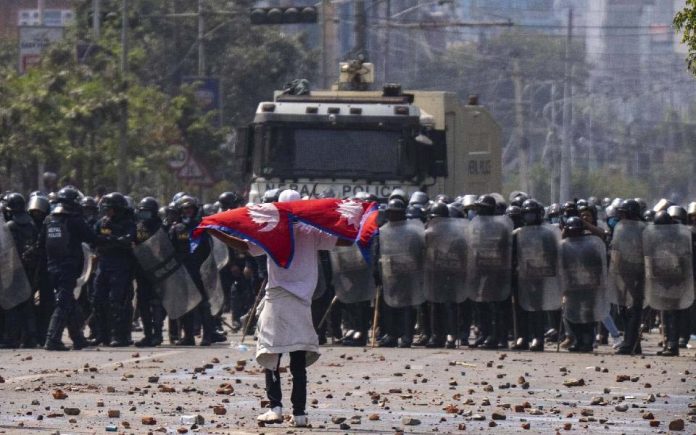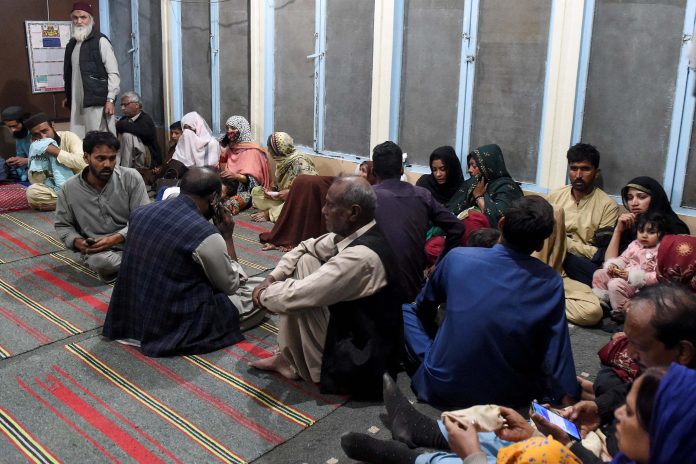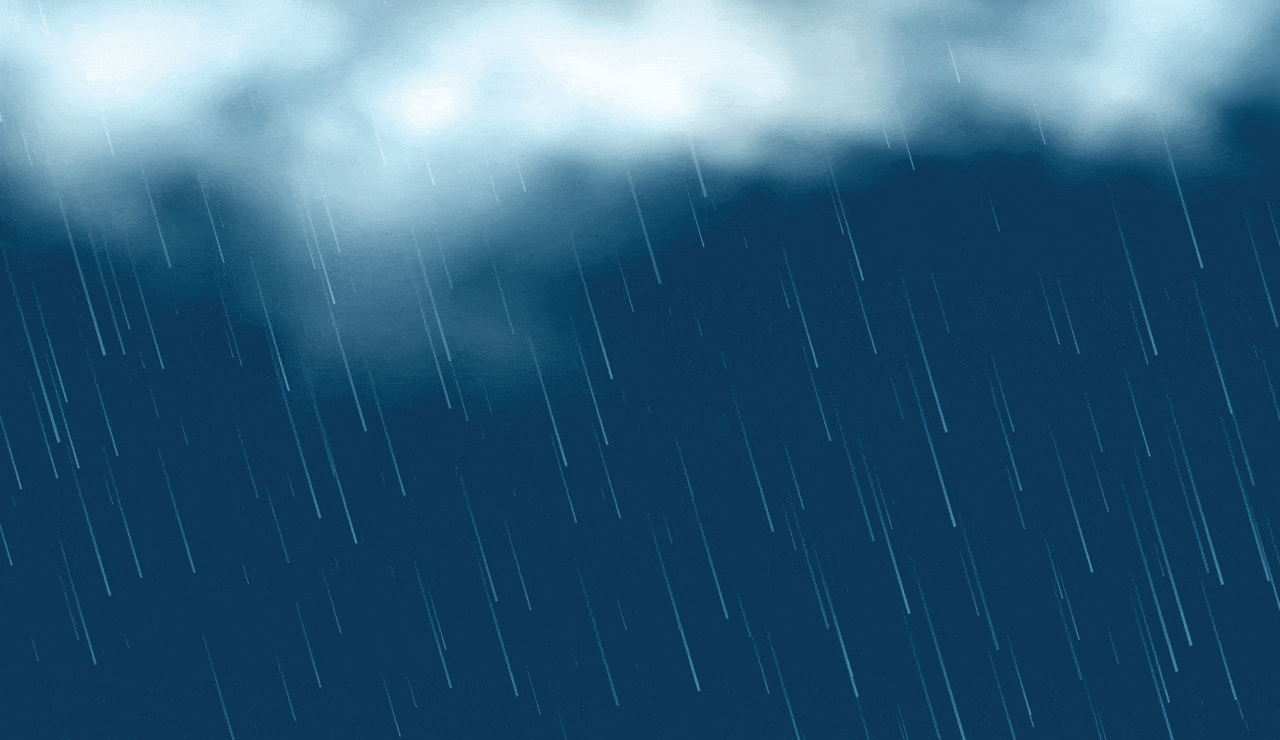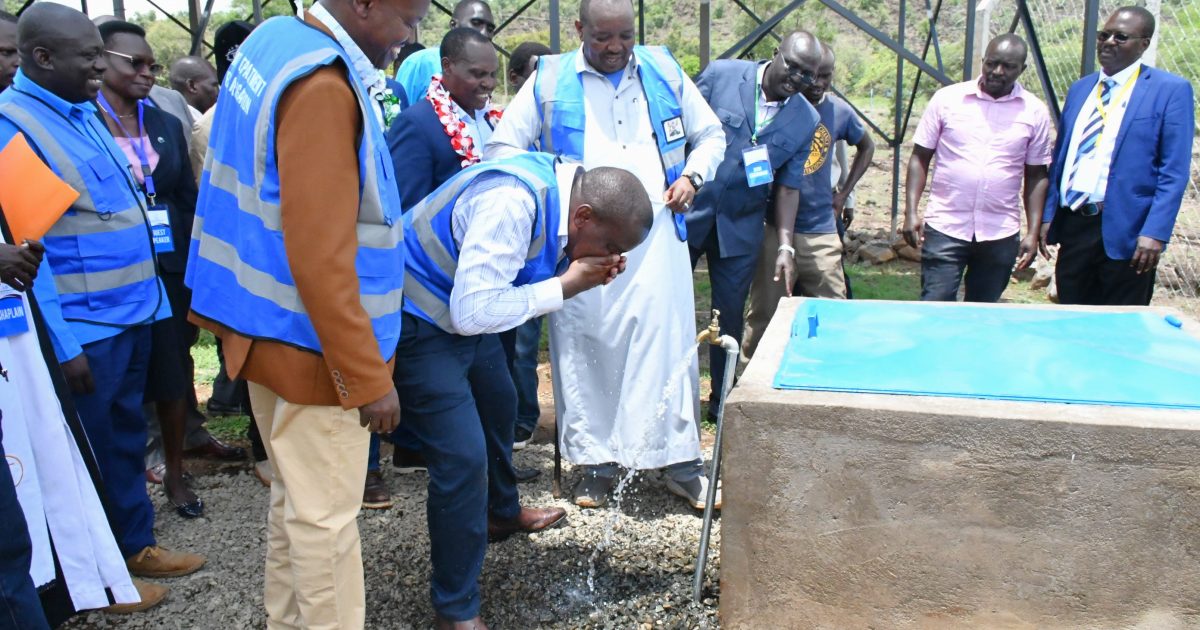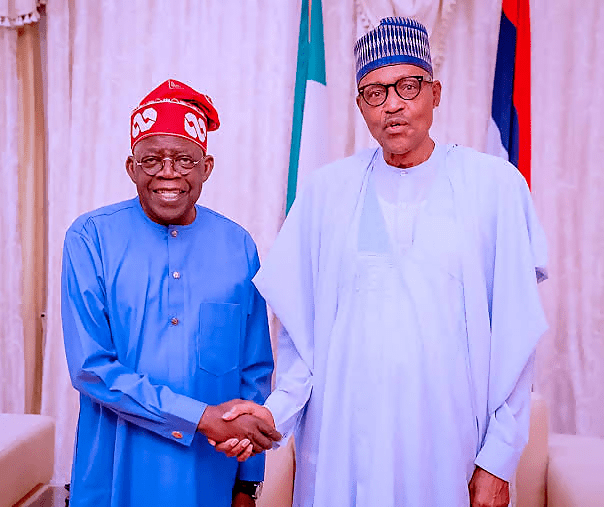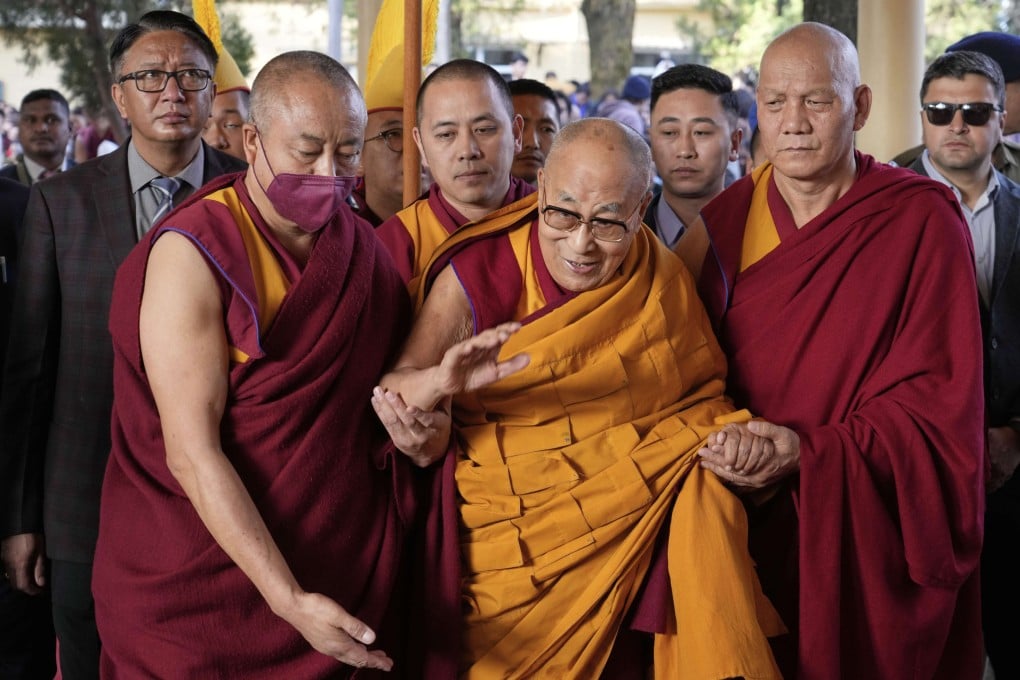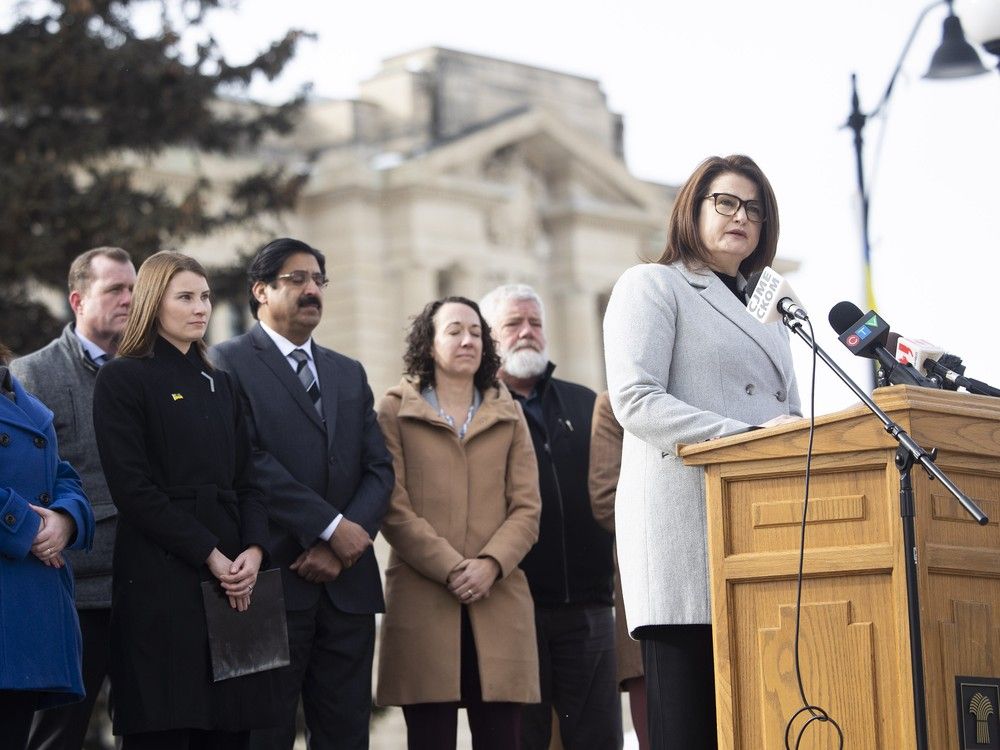
Build pipelines. Scrap the . Fight Chinese tariffs on canola.
. “Realistic timelines” for reaching net-zero power generation. These hardly resonate as radical priorities from a Saskatchewan political leader for the federal election that began Sunday.

But these are the commitments sought by Saskatchewan NDP Leader Carla Beck in a letter to the federal leaders of the Liberals, Conservatives and the NDP and shared on Monday. Beck’s letter slams American President Donald Trump’s “unjustifiable tariffs and unacceptable threats of annexation.” Yet she also blasts Canada’s former prime minister: “.
.. Justin Trudeau ignored many of the issues facing Saskatchewan people, and his government enacted laws and policies that hurt our province.
” Mostly, Beck’s 12-point federal agenda could have been written by Saskatchewan Party Premier Scott Moe. And Beck acknowledges as much in the news release sharing the letter: “These are not partisan issues — they are Saskatchewan priorities.” But Saskatchewan residents and traditional supporters of the NDP cannot be too comfortable with an opposition party that shares so many views with the government.
By parroting Moe’s priorities, Beck hardly represents change for those who have soured or will sour on the Saskatchewan Party, now in power for more than 17 years. And it comes as the federal NDP appears headed to oblivion in the April 28 election. The poll aggregate website 338canada.
com currently projects just seven seats for the New Democrats and about 10 per cent of the vote. The worst showing by the NDP came in 1993, when the federal party won just nine seats under leader Audrey McLaughlin. That happened two years after Saskatchewan’s NDP won a massive majority government under Roy Romanow.
So there’s little evidence that lagging federal NDP support will affect the fortunes of the provincial party. In the current election, federal NDP supporters appear to be flocking to , which seems odd as the Liberals adopt policies similar to those of the Conservatives under Pierre Poilievre. Presumably, so-called progressive voters simply want to keep Poilievre out.
Or maybe federal NDP Leader Jagmeet Singh is paying a big political price for his party’s support for the unpopular Trudeau government. Saskatchewan has failed to elect a single NDP MP under Singh’s leadership — after under Thomas Mulcair — so there’s reason to believe Beck is charting the right course in showing little regard for her federal counterpart. But what about traditional NDP values, like espousing climate action? In the 2022 leadership contest won by Beck, a third of voters backed Kaitlyn Harvey, whose campaign .
, Beck now seems to be endorsing Moe’s go-slow approach to achieving net-zero power generation. Does the NDP also support the noxious notion of ? Despite the similarities with Moe, Beck’s priorities include a $10-a-day childcare deal the Saskatchewan Party government has bizarrely transformed into with the feds, suggesting conflict for its own sake may be the Saskatchewan Party’s most fundamental pillar. Beck’s list also includes more funding for RCMP officers — a dig at the province’s of a marshals service that appears to be to fill its ranks.
Plus there’s an appeal to honour commitments to First Nations and Metis peoples that you probably won’t find on a similar list from Moe. But the major distinction between the two parties as Canada faces the existential crisis posed by Trump’s turmoil can be found in Beck’s willingness to take a tough stance on trade and tariffs, and expose . It makes Moe look , perhaps too willing to pander to the Trump supporters who also back his government and Poilievre’s Conservatives.
Beck issued a statement Tuesday decrying Moe’s lack of a tariffs response and labelling him as “soft on Trump, refusing to condemn him by name.” With two parties that appear to agree on so much, Beck continues to deftly mine a vein where she can distinguish herself..



